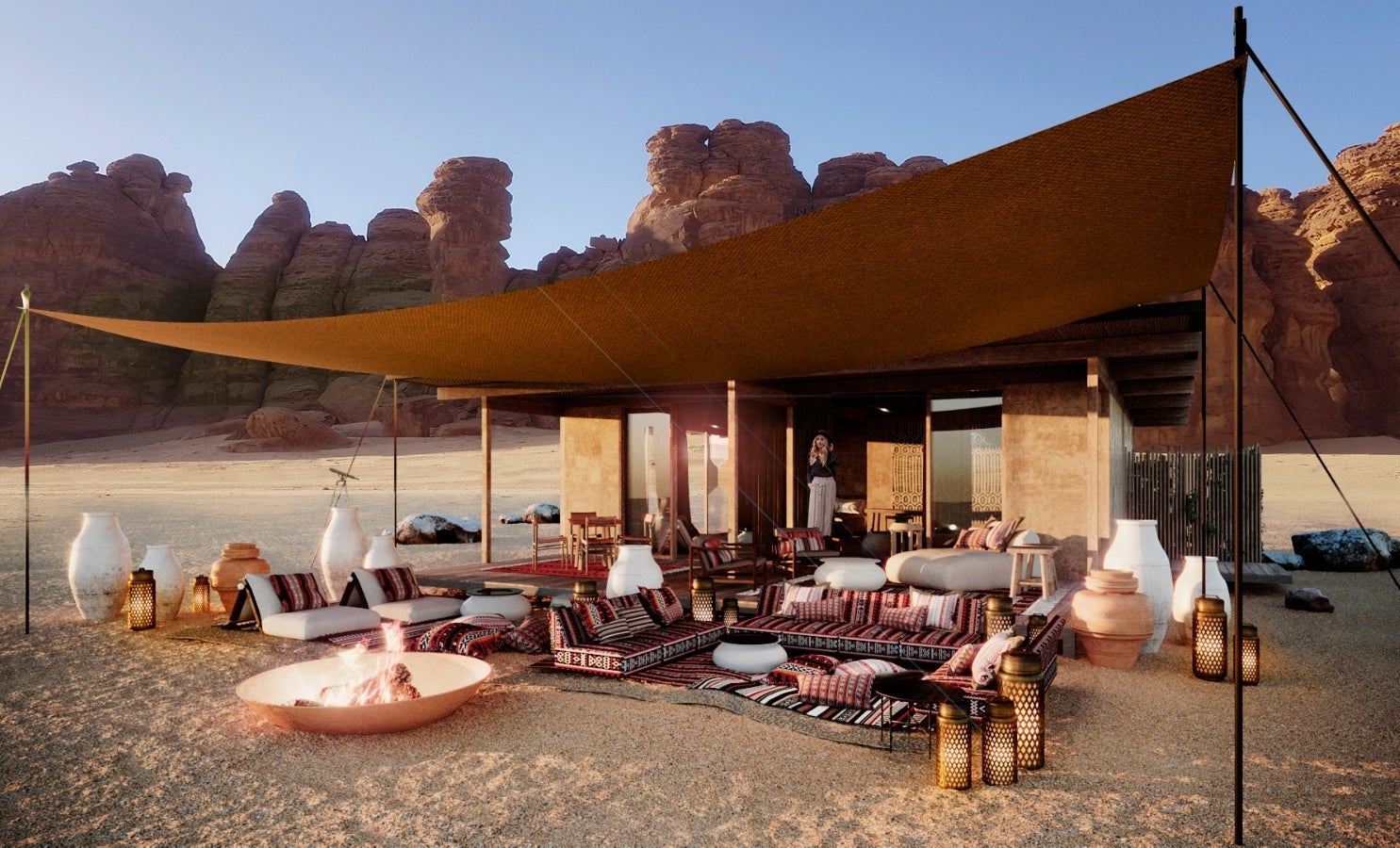Saudi tourism minister sets his sights on a sustainable future – immediately
Saudi Arabia’s nascent tourism industry says it is learning from global mistakes of the past — and promises a global standard to measure the industry’s impact

Imagine a future in which tourism is not merely sustainable, but actually acts to regenerate the planet.
That was the bold ambition discussed at the first day of the Saudi Green Initiative (SGI) conference, running in parallel with the Cop27 summit in Sharm el-Sheikh, Egypt. With tourism growing at pace and contributing 8 per cent of greenhouse gasses and 14 per cent of global solid waste, it’s an industry at the very front of the battle against the climate crisis.
Announcing the creation of a global taskforce to examine the environmental, economic and social aspects of tourism, His Excellency Mr Ahmed Aqil Al Khateeb, the Saudi Minister of Tourism, said the “regenerative concept”, where the industry not only protects the planet but regenerates what has been lost, should form “the backbone of the tourism industry”.
He shared a vision where hotels and transport are run on renewable energy, all water is treated, waste is reused, and local communities are positively impacted.
Speaking to The Independent after the talk, Al Khateeb said “very few” countries were talking seriously about tourism and sustainability in the same breath.
While the Kingdom’s holy sites are destinations for the world’s 1.6 billion Muslims, it was only in 2019 that Saudi relaxed visa rules and began a concerted campaign to bring foreign visitors to the fast-changing country as part of the Vision 2030 plan.
“We want to open up Saudi to other people to come and experience our beautiful culture, nature, history and heritage,” he said.

Early signs suggest that the Kingdom will choose to avoid mass tourism numbers and focus on high-end and adventurous travellers in order to protect sites like the historic Hegra archeological site from overtourism.
On Saudi Arabia’s Red Sea coast, Red Sea Global (RSG) has been developing two luxury tourism sites, Red Sea and AMAALA.
Group CEO John Pagano believes the industry needs to prioritise the “natural capital” of any development site. “Like with a financial asset, you want to see it grow,” he said. “Our goal is to increase the conservation value of our entire destination by 30 per cent.”
RSG is working towards that goal by protecting islands which have hawksbill turtle nesting sites; using no single-use plastics and sending no waste to landfill; using electric vehicles; powering the site by 100 per cent renewable energy; and creating a co-operative with local farmers who use sustainable techniques.
There are plans, too, to open a solar farm in 2023 and develop a seaplane powered by hydrogen fuel cells.
RSG and SGI aim to use their experiences to encourage a more positive kind of tourism that reaches far beyond Saudi Arabia’s borders.
Pagano explained: “We hope we’re going to lead the global transition towards regenerative development by doing rather, than just talking.”
Al Khateeb is also keen that the world appreciates the diversity of Saudi Arabia – that it’s not “all about sun and sand and oil and camels”.
He mentioned a recent trip to the mountainous Soudah region in the south west in August.
“I was sitting enjoying 20-degree temperatures,” he said, “while it was 35 in the UK! No one can believe that.”
Find out more about the MGI summit and SGI forum here: greeninitiatives.gov.sa
